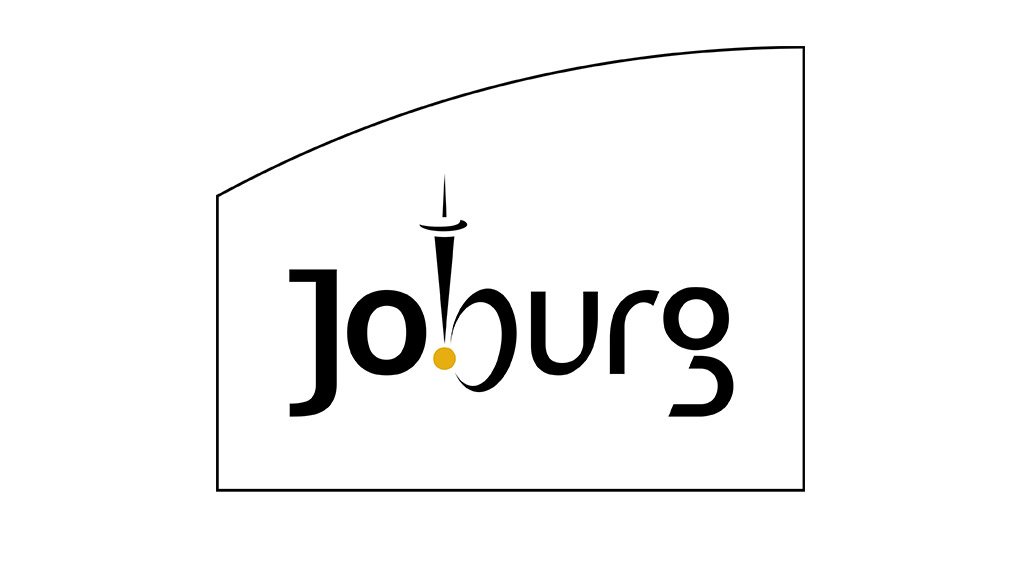/ MEDIA STATEMENT / The content on this page is not written by Polity.org.za, but is supplied by third parties. This content does not constitute news reporting by Polity.org.za.
The proposed short-term loan facility amounting to R2.8 billion from the Development Bank of Southern Africa (DBSA) raises significant concerns regarding the City of Johannesburg's financial sustainability and strategic priorities.
While addressing short-term cash flow mismatches is a necessary consideration, reliance on such borrowing introduces risks that could have long-term negative implications for the City’s fiscal health. As such, we strongly oppose the approval of this loan on the following grounds:
1. Escalating Financial Burden and Debt Servicing Costs
The loan will further increase the City's financial liabilities, contributing to an unsustainable debt burden. The floating interest rate structure of 3-month Jibar plus 2.30% means that debt servicing costs could rise unpredictably, placing additional strain on the City's budget and limiting resources available for service delivery and development initiatives.
2. Exposure to Interest Rate Volatility
Given the floating interest rate structure of the loan, the cost of borrowing is subject to fluctuations in the Jibar rate. If market conditions lead to an increase in interest rates, the City could be forced to pay significantly more than initially projected.
3. Short Repayment Period and High Default Risk
The requirement to repay the loan by 30 June 2025 presents a substantial risk, particularly given the City's ongoing financial challenges. If cash flow mismatches persist beyond the projected timeframe, the City could face difficulties in meeting its repayment obligations, potentially leading to financial penalties or the need for further borrowing to settle the debt—creating a cycle of dependency on short-term loans.
4. Opportunity Cost and Misallocation of Financial Resources
Committing to this short-term loan facility may divert financial resources away from essential long-term infrastructure investments and service delivery programs. Instead of allocating funds toward repaying debt, the City should be prioritizing economic development initiatives that generate sustainable revenue streams and improve the quality of life for residents. The opportunity cost of this loan must be critically evaluated in relation to its actual benefits.
Conclusion
Given the outlined risks and concerns, it is imperative that the City explores alternative financial strategies that do not compromise its long-term financial stability.
Strengthening revenue generation, improving budgetary controls, and implementing cost-saving measures should be prioritized over short-term borrowing.
We urge the Council to reject the proposed loan agreement with DBSA and instead focus on sustainable fiscal management solutions that ensure the City's long-term economic viability.
Issued by Matthew Cook, GOOD National Chairperson and City of Johannesburg Councillor
EMAIL THIS ARTICLE SAVE THIS ARTICLE ARTICLE ENQUIRY
To subscribe email subscriptions@creamermedia.co.za or click here
To advertise email advertising@creamermedia.co.za or click here











